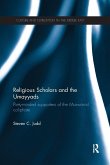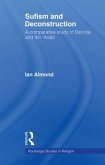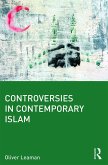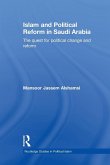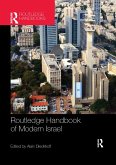This book analyzes thaumaturgical beliefs and practices prevalent among Muslims in eighteenth-century Ottoman Syria. The study focuses on historical beliefs in baraka, which religious authorities often interpreted as Allah's grace, and the alleged Sufi-ulamaic role in distributing it to Ottoman subjects.
Hinweis: Dieser Artikel kann nur an eine deutsche Lieferadresse ausgeliefert werden.
Hinweis: Dieser Artikel kann nur an eine deutsche Lieferadresse ausgeliefert werden.
"This book probes directly and robustly the relations between official state religion, Muslim jurisprudence and magical practices as they actually occurred, untroubled by common clichés found in both contemporary sources and in modern scholarship."
Aziz Al-Azmeh, Central European University
"This book is a vivid contribution to the study of thaumaturgy and magic in Ottoman Islam. In eighteenth-century Damascus, Sufism was recognized by Sunni Muslims as producing wonders. Based on a thorough analysis of baraka conceived as praeternatural grace, it sheds original light on charismatic power in religion, but also in political life. Nikola Pantic's book should be read by all those interested the power of extraordinary phenomena to regulate the sacred."
Jean-Louis Fabiani, Central European University
Aziz Al-Azmeh, Central European University
"This book is a vivid contribution to the study of thaumaturgy and magic in Ottoman Islam. In eighteenth-century Damascus, Sufism was recognized by Sunni Muslims as producing wonders. Based on a thorough analysis of baraka conceived as praeternatural grace, it sheds original light on charismatic power in religion, but also in political life. Nikola Pantic's book should be read by all those interested the power of extraordinary phenomena to regulate the sacred."
Jean-Louis Fabiani, Central European University


